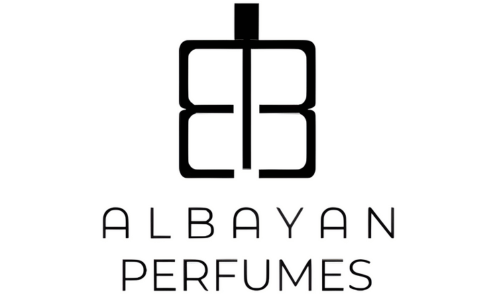Perfume is a form of art that has been part of human history for thousands of years, from the Pharaohs to modern perfumers. The art of perfumery has evolved and flourished over the ages, becoming a billion-dollar industry today with a wide range of fragrances available to consumers worldwide. This article explores the art of perfumery, its history, composition, and cultural significance.
The Art of Perfume: From History to the Present
The history of perfume dates back to ancient times, with the earliest recorded use of perfume around 3500 BC in Mesopotamia. The ancient Egyptians used perfumes as a symbol of social status and in religious rituals, considering them to have magical powers.
Perfume continued to spread throughout history, and European perfumers in the Middle Ages began creating perfumes using natural ingredients. During the Renaissance, synthetic perfumes were introduced, making fragrances more popular. With the development of new chemical compounds in the 19th century, modern perfumery became more complex and diverse, leading to a global industry led by major brands such as Chanel, Dior, and Estée Lauder.
The Art of Perfume Composition
Perfume is composed of a blend of essential oils and aromatic compounds combined with alcohol and other solvents. The combination of these ingredients determines the fragrance of the perfume, with essential oils playing a crucial role in the scent’s strength and longevity on the skin. Common types of perfumes include Eau de Parfum, Eau de Toilette, and Eau de Cologne, each distinguished by different levels of essential oil concentration.
The Cultural Significance of Perfume
Perfume has held great significance in various cultures throughout history. In ancient Egypt, it was used in religious rituals as a symbol of social status. In medieval Europe, perfume was used to mask unpleasant odors and was considered a sign of wealth and luxury.
Today, perfume is used for a variety of purposes, from personal adornment to creating a specific atmosphere. It is also used in many cultural contexts such as weddings and religious celebrations. For some, perfume is part of their identity and a way to express themselves, adding a personal touch to everyday life.
In conclusion, the world of perfumery remains enchanting and complex, with its rich history and cultural significance. Whether used to express personal identity or create a particular mood, it is clear that the art of perfume will continue to capture attention and captivate the senses for years to come.
